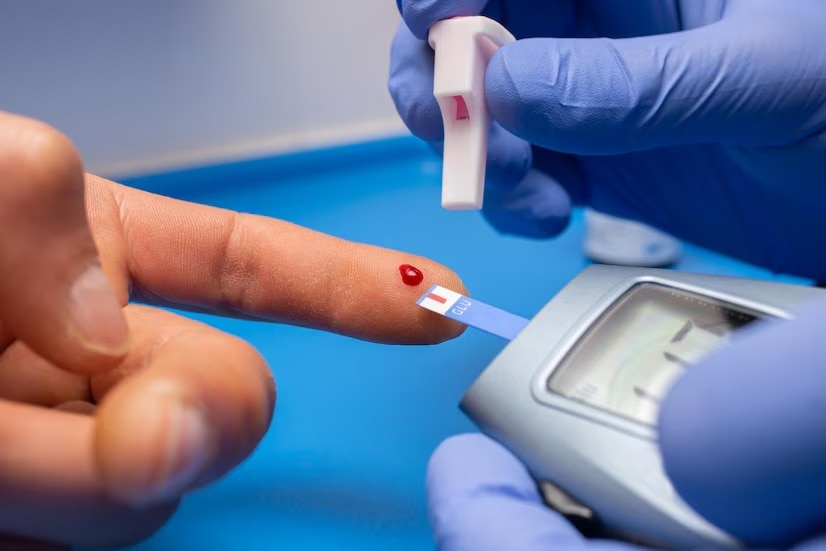The Indian Council of Medical Research (ICMR) has highlighted a crucial link between type 2 diabetes and a rise in uterine cancer cases. How is this connection attributed? Scroll down to know!

Diabetes is one of the common health issues faced by people in today’s generation. Feeling fatigued, excessive urination and sudden weight loss can be the symptoms of diabetes. While most people may be aware of the potential complications of diabetes such as heart disease, diabetes and nerve damage, one lesser-known symptom but equally serious complication is the increased risk of uterine cancer.
What is The Connection Between Diabetes And Uterine Cancer?
The Indian Council of Medical Research recently released a study shedding the connection between diabetes and uterine cancer. This research reveals the importance of heightened awareness and preventive strategies to reduce the risk of uterine cancer in those suffering from diabetes.
The ICMR study indicated that women suffering from Type 2 diabetes are more likely to develop endometrial cancer, which is a form of Uterine cancer. Well, the study further mentioned one of the primary causes of diabetes which is obesity. It causes hormonal imbalance, which leads to higher insulin levels. This hormonal imbalance often leads to uncontrolled harmful cells growth in the uterus which can often turn cancerous.
Furthermore, diabetes can lead to chronic inflammation in the body, which can lead to the development of cancer cells.
Prevention Tips
- The most essential step is maintaining a healthy diet and a proper body weight. Obesity is a significant risk factor for uterine cancer in individuals with diabetes.
- If you have diabetes and smoke, it is crucial to quit smoking to reduce your chances of developing uterine cancer.
- Monitor your blood pressure regularly and try to keep it within normal limits
- Work out at least 30 minutes daily to maintain good health.
- Regular screening for uterine cancer is essential for early detection and treatment. It is recommended that women with diabetes undergo annual pelvic exams to detect any potential issues early on.

